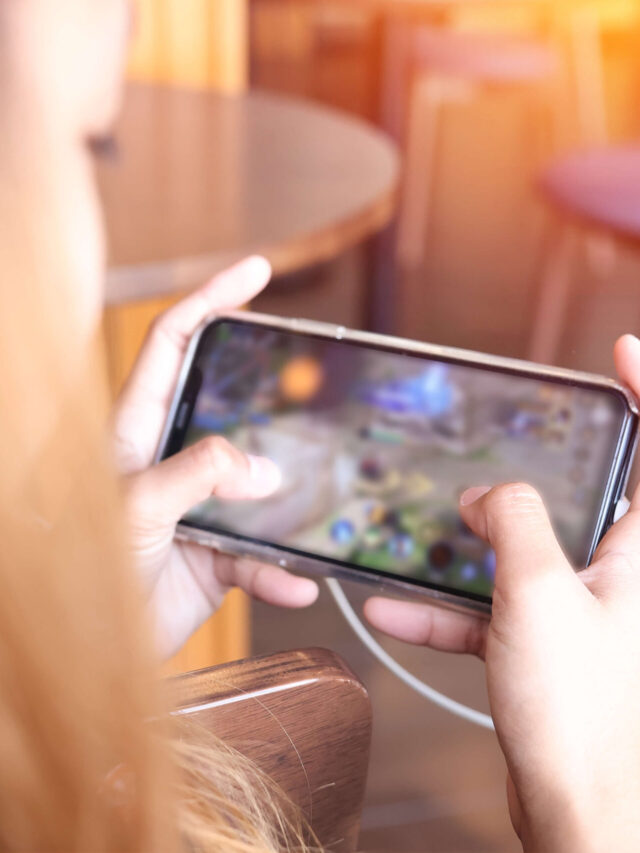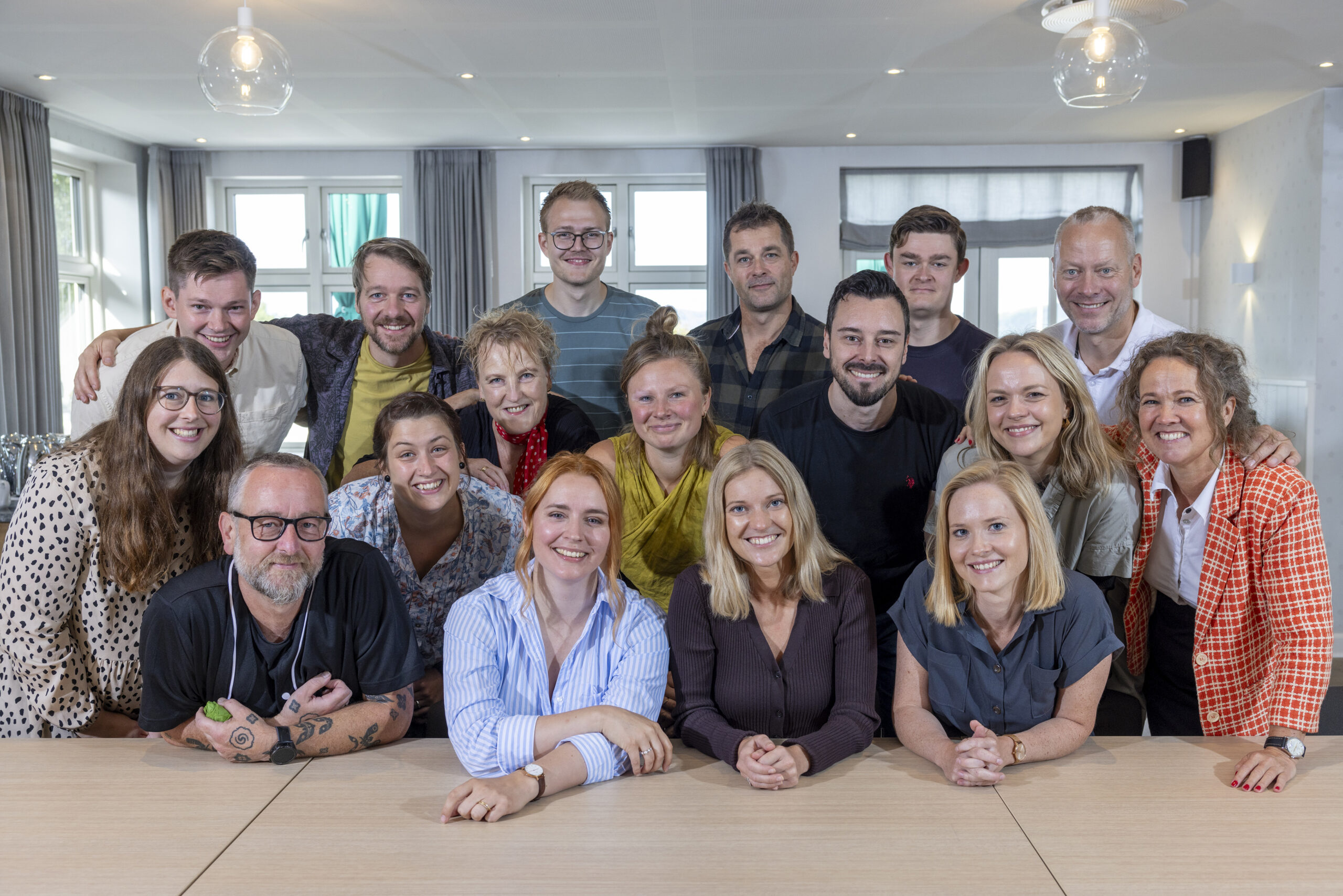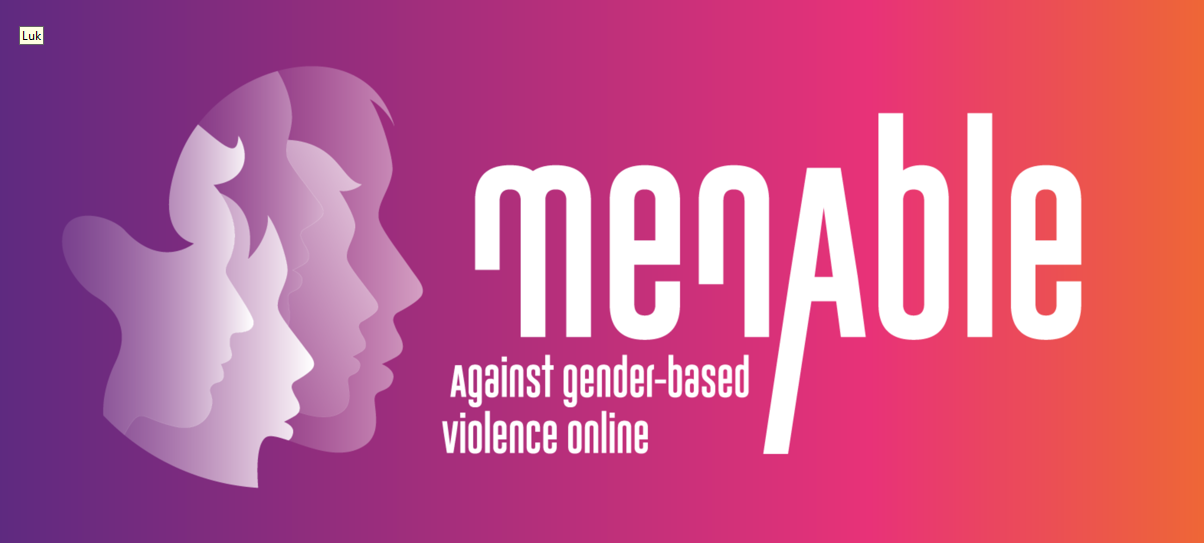Generation Online Still Lacks Guides
The questions are many and varied, when the internet and mobile phone mixes in everyday life with children and young people. Not least for those professionals who daily deal with children and young people. Therefore Safer Internet Day, and the multitude of nationwide activities that usually follows, was this year supplemented by the conference `Generation Online´, which took place at University College South Denmark in Esbjerg. It is the first time that a conference is organised in Denmark in connection to Safer Internet Day.
The Media Council for Children and Young People in Denmark organised the day together with several collaborators, among others Cyberhus, and the conference dealt with three topics; Digital bullying, Positive and creative use of digital media, and Children and Young People as citizens and consumers in a digital society. The goal was to give everyone working with children and young people – educators, teachers, consultants, educators at undergraduate colleges and others – hands-on tools and knowledge of children and young people’s use of digital media, so professionals are prepared to raise awareness about positive and responsible use of the internet and new online technologies among children and young people.
Still A Need for Guides
At the conference, it was established that digital media becoming an entirely integrated part of young people’s everyday life has not made promoting well-being less important. But currently it can be difficult to find out where the teachers on playground duty are in the virtual universe.
`It is important that parents have contact with what happens when young people are on the web, and that parents, in this universe as well, guide and help children and young people in the same manner as in the physical universe. Educators, teachers, and professionals in general have a similar responsibility to pick up on especially the marginalised children and young people who might not necessarily have the same resourceful guides as support´, says Birgitte Holm Sørensen, Chairman, The Media Council for Children and Young People in Denmark.
The Role as Social Compass
You should not let all the new and unexplored, signaled in expressions such as new media, virtual landscapes, online life, and young people as digital natives, get you down. The roles of professionals have not changed radically in relation to children and young people, but the surroundings have, and this demands a renewal of the socioeducational toolbox.
`You should not be intimidated by the fact that children and young people seem to be far ahead in the use of Facebook, smart phones, and so on´, says Sidsel Stenbak Hollmann, who has been anti-bullying consultant since 1999 and is among other things co-founder of the network AMOK. `Of course, children and young people will be technologically ahead of adults. It is nothing new. But it does not change the fact that parents and professionals must be young people’s social compass´, says Sidsel Stenbak Hollmann.
Vital to Follow Young People Into Cyberspace
Talking about the social compass, she is in agreement with us – and the Media Council for Children and Young People in Denmark. `The internet has changed the way we live and learn, and has simultaneously created a multitude of new opportunities for collaboration, creativity, and development. Especially children and young people, which have grown up in a digital life, know how to use the media potential. It is therefore also important that adults, working with children and young people, use the new digital media in the work with children and young people´, says Birgitte Holm Sørensen, for example in the invitation to `Generation Online´.
A request, we support, and an area we have six years of experience with. We do not see Danish children and young people as innocent and uncritical victims of digital dangers, although they lack some skills, when it comes to mastering the internet with common sense.
Our philosophy is that young people with a few rules can ensure that movements on the web can remain a safe extension and expansion of the good social life. It is therefore important that we professionals follow children and young people into cyberspace and focuses on children and young people’s digital life. With that message, we say thank you for an interesting Safer Internet Day in 2011 and look forward to a challenging year.
Safer Internet Day has been celebrated all over the world since 2004, and this year the day was celebrated in more than 70 countries. International campaigns and initiatives are organised through the European network, Insafe. Since 2009, Cyberhus has been the Danish helpline in the Insafe.
]]>


Hvis du vil sætte et par ord på din feedback, vil det hjælpe os rigtig meget til at forbedre vores indhold.